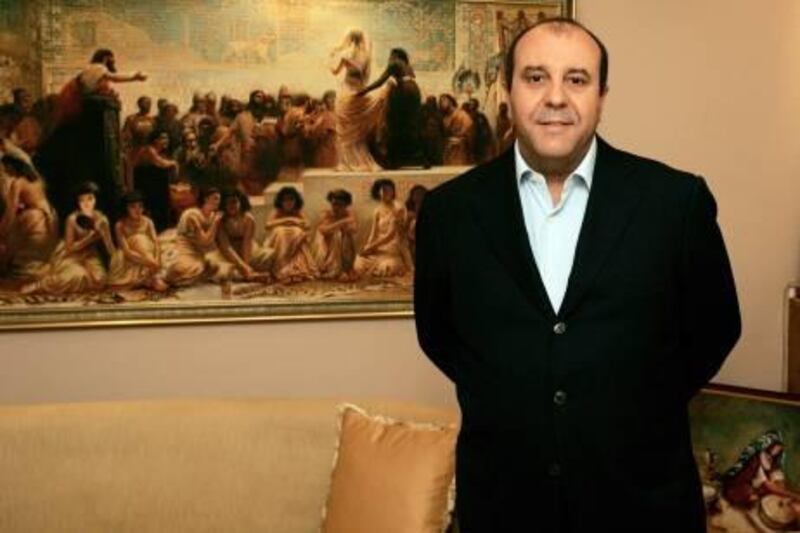The Tunisian government has seized a Hilton hotel because it was owned by the brother-in-law of the ousted president Zine el Abidine Ben Ali.
The government is trying to extradite the billionaire Belhassen Trabelsi after he fled the country. Mr Trabelsi has been accused of abusing his connections to the former regime to amass wealth.
Hilton Worldwide last September signed an agreement with Kathargo Group to manage the 283-room Hilton Tunis Carthage. Kathargo was owned by Ben Ali's brother-in-law, Mr Trabelsi, who fled to Canada.
The property was scheduled to open at the end of January.
The future of the hotel and Hilton's position remains uncertain. The property, formerly known as Le Palace Hotel, was being converted to the Hilton brand.
"Hilton Worldwide confirms it remains fully committed to its management agreement for the Le Palace Hotel in Gammarth," said Christian Grage, the vice president of operations, Hilton Worldwide, Egypt and Levant.
Mr Grage said Hilton was in contact with the tourism department, the Banque de Tunisie and the administrator responsible for the management of the owning company.
"We have informed the administrator of our position and we look forward to receiving the administrator's view on the future of the hotel and reaching an agreement on Hilton Worldwide's future role."
Analysts say Tunisia may need to reconsider the way it has financed its tourism projects.
"As much as the urgency now is to get the tourists back, there will be a need to review the financing framework of hotel investments in Tunisia," said Chiheb ben Mahmoud, the senior vice president at Jones Lang LaSalle Hotels, Middle East and Africa.
"Hotel investments have been financed through a heavy recourse to bank lending, making the Tunisian banking system virtually and potentially the biggest hotel owner in Tunisia. The banking sector has been left with the burden to finance hotel investments at high interest rates."
The UN World Tourism Organisation this week said it had signed an agreement with the Tunisian government to help the country in its marketing efforts and with policy guidance as the country tried to revive the sector.
Tourism represents about 7 per cent of the Tunisia's GDP and accounts for about 450,000 jobs.
"International tourists are gradually returning to Tunisia," said Taleb Rifai, the secretary general of the UN agency.
As travel warnings were issued and tour operators cancelled trips to Tunisia in the wake of the political unrest in the country at the start of this year, international tourist arrivals declined 44 per cent in the first quarter and tourism revenues fell 43 per cent from a year earlier, the organisation said.
Last year, Tunisia received about 7 million international tourists, generating almost US$3 billion (Dh11bn) in revenues.






